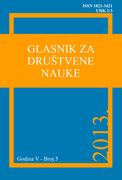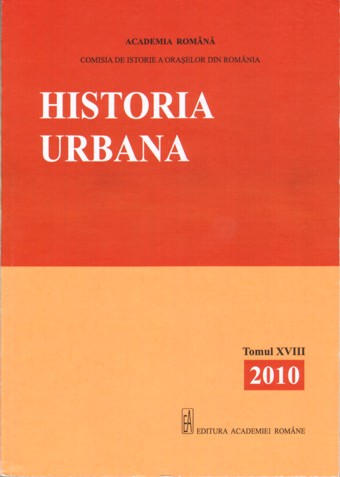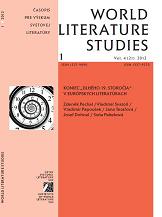
Sistemsko i zavereniĉko u ekonomskom nazadovanju
A considerable number of economists are bitterly opposed to liberalism which they label neoliberalism in the queer belief that such a deprecating term will more accurately convey its alleged despicable features. It turns out that their general idea of liberalism, which they consistently fail do define, is mistaken and far off the mark. For some of them (neo)liberalism is synonymous with application of terror and violence in international relations which is why they are prone to identify it with a peculiar type of imperialism, the recent one and adjusted to contemporary geopolitical circumstances. Others identify it with what they believe to be the Washington Consensus (WC), a pattern of economic policies forcefully imposed by international financial organizations and the most developed countries and, as such, responsible for massive economic failures in a large number of countries in which it had been applied; notice not being taken of the fact that the IMF, with the WC recipes, is invited after the counties have played havoc in their economies by their own policies. The third group of economists believes that (neo)liberalism is appropriately defined by making it synonymous with whatever is being done in and by the United States, particularly in relation to other less powerful and by various crises adversely affected countries. They seem to be unaware of the fact that the US have utterly abandoned the liberal ideals. The three groups of economists are too numerous to make it feasible to engage in polemics with all of them. Fortunately there is one who as it were assembles all three unfavorable interpretations of liberalism and acts as a sort of protagonist among those who energetically reject and devalue liberalist view of the world. It is to his writing that this polemical text is addressed. A number of critical comments is here addressed to the logical foundations of the antiliberal (ANL) thinking, primarily to their failure to define clearly the concepts which they use and thus to follow the rules of correct reasoning. Their overestimation of the significance of the knowledge and the ideas is also criticizes, whereby it is pointed out that the interests rather than the perceptions of the world have the decisive influence on the behaviors at different levels o social organization. The important fact of low or nonexistent correlation between the stock of economic knowledge and developmental performance of the countries is brought out: the US, the country with the most advanced economic science, is not the most rapidly growing economy, and China, seemingly the most successful one regarding the speed of development is far from being in the forefront of economic science. The assertion of the ANL that the econo my of Serbia has gone through a breakdown i
More...

